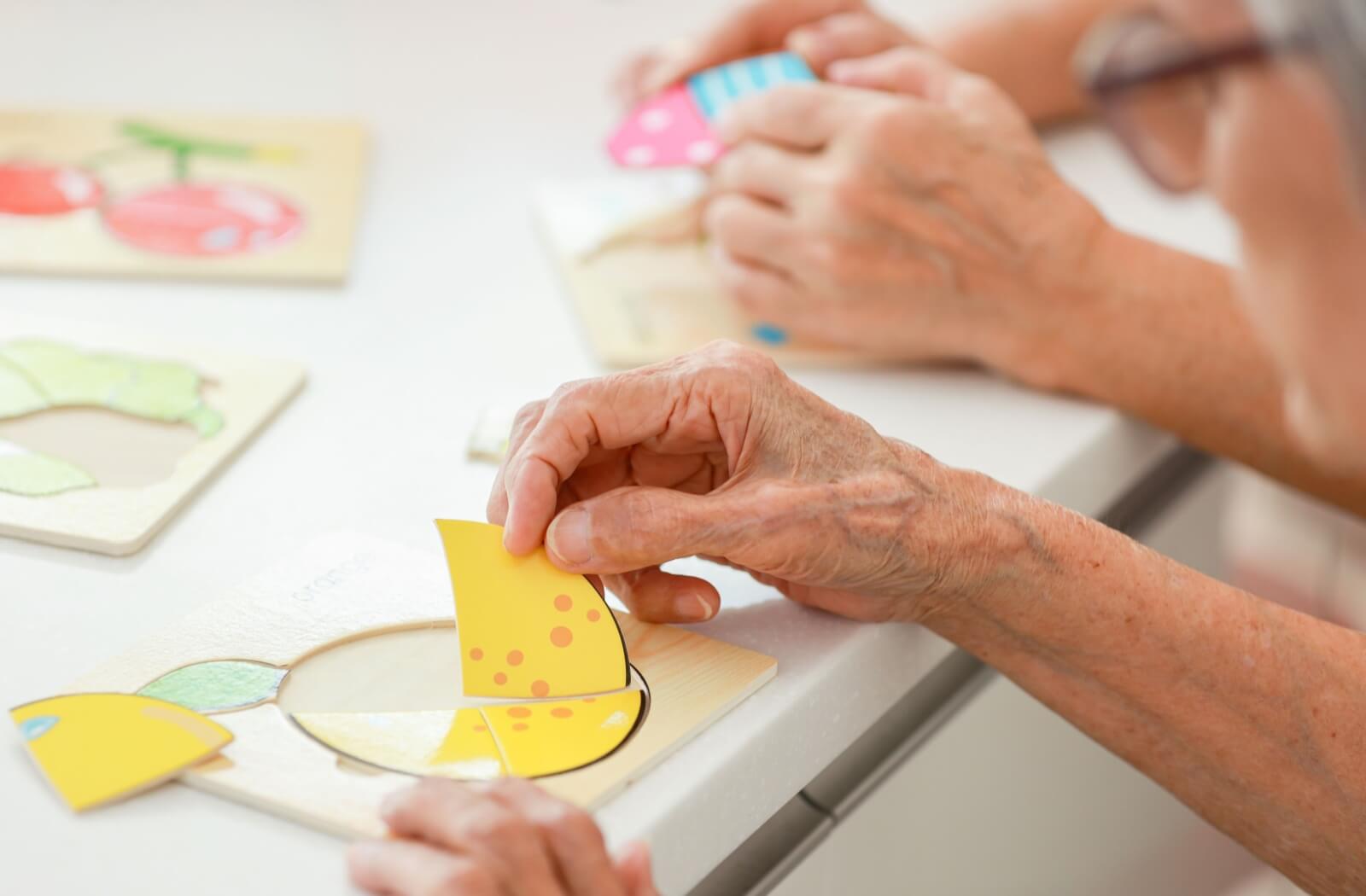Can You Prevent Dementia?
- Posted on
- By Mira Vie Senior Living

Key Takeaways
- Early signs matter: Recognizing symptoms like memory loss and mood changes can lead to timely intervention.
- Diet plays a role: A Mediterranean-style diet rich in fruits, vegetables, and healthy fats supports brain health.
- Stay active: Regular physical activity improves blood flow to the brain and reduces dementia risk.
- Challenge your mind: Mental stimulation through puzzles, reading, or learning new skills keeps your brain sharp.
- Socialize for health: Engaging with others reduces stress and promotes cognitive function.
- Senior living benefits: Communities like Mira Vie Senior Living provide resources and support for a healthy, independent lifestyle.
By making these lifestyle changes, you can take proactive steps toward reducing your risk of dementia and enjoying a healthier, more fulfilling life.
Can You Prevent Dementia?
Dementia is a complex and often misunderstood condition that affects millions of individuals and their families worldwide. While there’s no guaranteed way to prevent dementia, research shows that certain lifestyle choices can significantly reduce the risk.
By making proactive changes, aging adults can support their brain health and improve their overall quality of life. Let’s explore how diet, exercise, mental stimulation, and social connections can play a role in reducing dementia risk.
What Are the Early Signs of Dementia & Why Do They Matter?
Understanding the early signs of dementia can help with timely intervention and care. Dementia is caused by damage to brain cells, which disrupts communication between them. This can lead to changes in memory, thinking, and behavior.
While aging is a significant risk factor, dementia is not an inevitable part of growing older. Genetics, lifestyle, and environmental factors also contribute to its development. Early symptoms of dementia can vary, but often include:
- Forgetting recent events or information
- Struggling to complete familiar tasks
- Becoming disoriented in time or place
- Experiencing mood swings or personality changes
Recognizing these signs early allows individuals and families to seek medical advice and explore supportive care options, such as senior living communities that offer specialized programs.
It’s important to note that there are several different types of dementia, like:
- Alzheimer’s
- Vascular dementia
- Lewy body dementia
- Huntington’s disease
- Parkinson’s Disease
Each of these types of dementia can come with its own symptoms.
Can Changing Your Diet Prevent Dementia?
What you eat has a profound impact on your brain. A diet rich in nutrients can help protect against inflammation and oxidative stress, which are both linked to cognitive decline. One of the recommended approaches is the Mediterranean diet, which emphasizes:
- Fresh fruits and vegetables
- Whole grains
- Healthy fats, like olive oil
- Lean proteins, such as fish and legumes
Small, manageable changes can make a big difference. For example:
- Add leafy greens, berries, and nuts to your meals
- Replace red meat with fish or plant-based proteins a few times a week
- Limit processed foods, sugary snacks, and saturated fats
Other brain-focused diets include the MIND and DASH diets, which both aim to support healthy aging and incorporate aspects of the Mediterranean diet.
These dietary habits not only support brain health but also reduce the risk of conditions like diabetes and heart disease, which are associated with dementia.

Is Physical Activity the Key to a Healthy Brain?
Exercise isn’t just good for your body—it’s essential for your brain. Regular physical activity increases blood flow to the brain, promotes the growth of new brain cells, and enhances cognitive function. Studies consistently show that people who stay active are less likely to develop dementia.
The best part? You don’t need to be a fitness enthusiast to reap the benefits. Moderate activities like walking, gardening, or yoga can make a significant impact. Aim for:
- 150 minutes of moderate aerobic activity per week
- Muscle-strengthening exercises on 2 or more days per week
To stay motivated, consider joining a class or exercising with a friend to hold yourself accountable and incorporate social interaction, which is another important factor in dementia prevention.
Can Mental Workouts Keep Your Brain Sharp?
Just like your body needs exercise, your brain thrives on challenges. Engaging in mentally stimulating activities helps build cognitive reserves, which can delay the onset of dementia symptoms. The key is to step out of your mental comfort zone and try new things.
Here are some ideas to keep your brain active:
- Solve puzzles or play strategy games
- Read books or learn a new skill
- Take up a hobby, like painting or playing an instrument
- Try cooking a new recipe
Even small, everyday activities that require focus and problem-solving can contribute to long-term brain health.
Do Social Connections Help with Brain Health?
Human beings are social creatures, and staying connected with others is vital for emotional and cognitive well-being. Social interactions can stimulate the brain, reduce stress, and combat feelings of isolation—which are all linked to a lower risk of dementia.
Ways to stay socially active include:
- Joining clubs or community groups
- Volunteering for a cause you care about
- Spending quality time with family and friends
If in-person interactions aren’t always possible, technology can bridge the gap. Video calls, online forums, and social media platforms offer opportunities to connect and engage with others, no matter where you are.
Can Senior Living Communities Support Dementia Prevention?
Senior living communities are uniquely positioned to help residents adopt and maintain healthy habits that support brain health. From nutritious meal plans to fitness programs and social activities, these communities provide a holistic approach to wellness. Professional caregivers can also offer guidance and encouragement, helping residents stay engaged and active.
At Mira Vie Senior Living, we’re committed to helping our residents live vibrant, fulfilling lives. Our community offers a range of programs designed to promote physical, mental, and emotional well-being. Contact us today to learn how we can support you or your loved one in reducing the risk of dementia while enjoying an independent lifestyle.
Related Articles

Understanding Various Types of Assisted Living Contracts
Key Takeaways Senior living communities offer several contract types, including those with large entrance payments